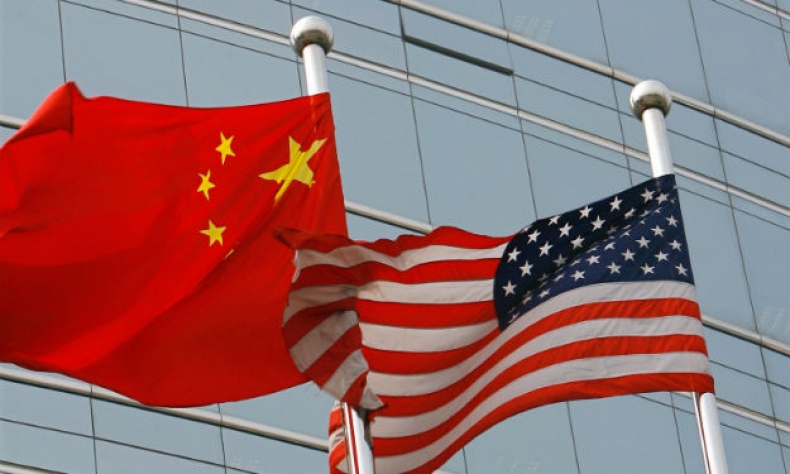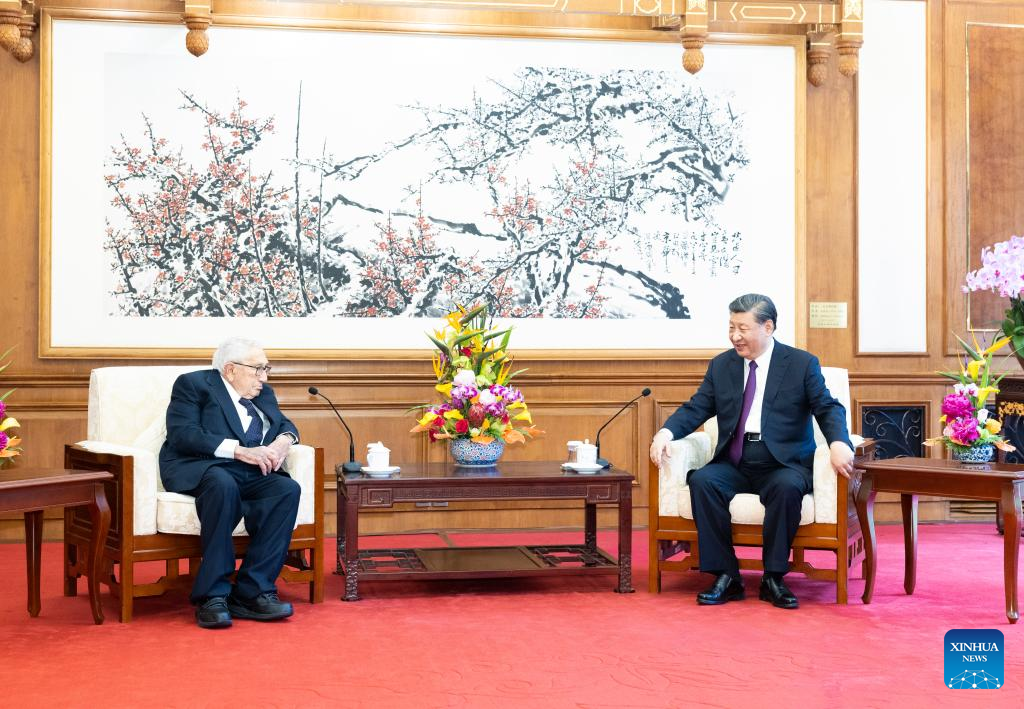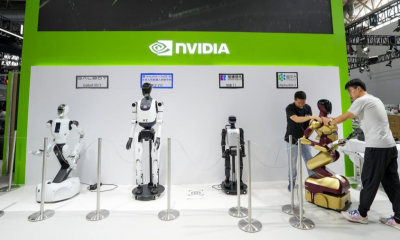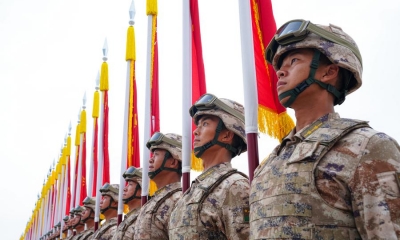To the Very End of His Life, Henry Kissinger Fought for Improved U.S.-China Relations

Yes, he will be buried in the United States, but there is every reason to believe that a part of Kissinger’s spirit will forever be remembered in China.
Physically frail, but mentally as sharp as ever. That will be the world’s final memory of Dr. Henry Kissinger, who passed away at age 100 late Wednesday night (U.S. time). His final visit to China — in the summer of 2023 — validated that he was always committed to seeking improved bilateral relations between the United States and China.
Kissinger understood, perhaps better than any other diplomat of this or any recent era, that the two countries were bound together. As the two global economic and military powers, they had a duty, perhaps it is appropriate to say a moral duty, to make life better for the roughly 8 billion people who inhabit the globe.
Kissinger’s last visit to China came at a delicate time. The two superpowers’ relationship was akin to a boat in the ocean that was taking on water. Distractions such as balloons and unnecessary negative statements from one U.S. politician after another had corroded the relationship. Something had to be done. And it was Kissinger who boarded an airplane for a multi-hour flight to Beijing, where he would eventually meet with Chinese President Xi Jinping and other top government officials.
We might never learn what was shared between Kissinger and his hosts, but we can be certain that he practiced “realpolitik,” delivering messages based on real-world conditions and not on some preferred ideological preference. Realpolitik was part of his of diplomatic DNA.

His writings often included the same message. Consider this passage from “On China”, one of more than a dozen books he wrote relating to diplomacy or international relations: “The question ultimately comes down to what the United States and China can realistically ask of each other. An explicit American project to organize Asia on the basis of containing China or creating a bloc of democratic states for an ideological crusade is unlikely to succeed–in part because China is an indispensable trading partner for most of its neighbors.”
Compare those words to the often-rambling nonsense heard from leading politicians in the U.S. and you quickly see why Kissinger was respected, most especially in China, for his wisdom and insight.
In that same book, he also noted that China would not “risk the outcome of a conflict on a single all-or-nothing clash … the Chinese ideal stressed subtlety, indirection, and the patient accumulation of relative advantage.” Compare such a strategy to the one often authored by the West: send in the military and make sure everyone understands who is the boss.
Thus, it is safe to conclude that in his mind, China was not an enemy. It was an ally. It had to be. He understood that as far back as 1971, when he faked an illness during a trip to Pakistan so that he could fly to China to meet with Chinese Premier Zhou Enlai. The results of those discussions quickly led to President Richard Nixon making his historic trip to Beijing in February of 1972. The two Americans, who could very easily have chosen the safer route and continued to allow U.S.-China relations to rot, grasped the importance of China returning to the global stage. In Kissinger’s words, China-U.S. relations improved because the two nations sidestepped “the rhetoric of two decades and staying focused on the fundamental strategic objectives…” In other words, realpolitik.
And it worked. China now enjoys its rightful place in organizations such as the United Nations, and it regularly engages in solving international crises. In 2023 alone, China advanced peace between long-time enemies Iran and Saudi Arabia, and in the past few days Chinese foreign minister Wang Yi laid out a realistic set of conditions to temper the ongoing conflict involving Israel and Gaza.
Yes, there are critics who suggest Kissinger allowed himself to be used by China. One scholar has already suggested that Kissinger profited from his more than 100 trips to the country. Such sour grapes. This is what we need to remember: As successive U.S. presidents sought to identify China as a foe that needed to be contained, it was Kissinger who publicly maintained that closing doors that had been open for more than 50 years was not smart policy. Advocating for containment might score domestic political points, but it would not make the world safer.
At that final meeting with Chinese officials, President Xi said, “The Chinese people never forget their old friends, and Sino-U.S. relations will always be linked with the name of Henry Kissinger.” Kissinger soon said that he should forever be considered a “friend of China.”
Yes, he will be buried in the United States, but there is every reason to believe that a part of Kissinger’s spirit will forever be remembered in China.
The article reflects the author’s opinions, and not necessarily the views of China Focus.
 Facebook
Facebook
 Twitter
Twitter
 Linkedin
Linkedin
 Google +
Google +







